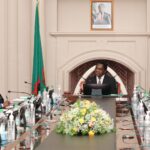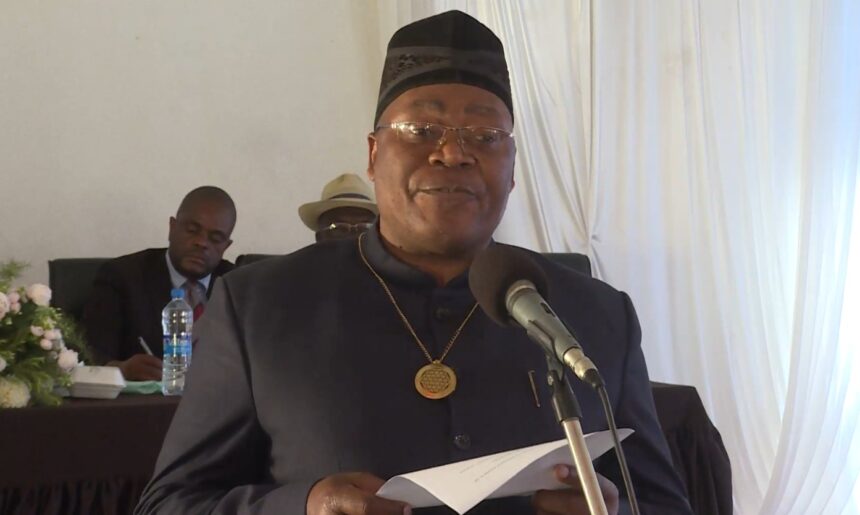The Luapula Council of Chiefs has formally endorsed all 13 proposed constitution amendment provisions, submitting their collective approval through a communique delivered to Government. At the same time, the Ministry of Justice announced sweeping legal reforms to combat rising cases of child defilement, rape, and incest—labeling the crisis a “national tragedy” that demands urgent legislative action.
Chief Chisunka, chairperson of the Luapula Council of Chiefs, presented the chiefs’ unanimous support after extensive deliberations. In the communique, however, the traditional leaders voiced concern over Article 165 of the Constitution. “In its present form, Article 165 lacks clarity and fails to safeguard the institution of chieftaincy,” Chief Chisunka warned, cautioning that the absence of a clear definition of recognized chiefs could spark future succession disputes as sub‑chiefs claim full status.
During a stakeholder consultative meeting in Mansa, Minister of Justice Princess Kasune outlined key measures in the proposed legal reforms. Under the new framework, offenses such as child defilement, rape, and incest will be classified as non‑bailable, ensuring that perpetrators remain in custody pending trial. These changes signal the government’s firm commitment to protecting children and other vulnerable groups from sexual violence.
Levy Shinka, the Luapula Province representative for persons with disabilities, seized the opportunity to call for increased parliamentary representation of people with disabilities in the amended constitution. “We need more seats allocated to persons with disabilities to make sure our voices are heard at all levels of governance,” Shinka asserted. His appeal highlights the broader push for inclusive reforms that leave no one behind.
The chiefs’ endorsement of all proposed amendments underscores a rare alignment between traditional leadership and state institutions. By raising their specific concerns about chieftaincy recognition, the Luapula Council of Chiefs demonstrates a proactive approach to safeguarding cultural heritage within modern governance frameworks. Observers note that such collaboration could serve as a model for other provinces navigating the complex interplay between customary law and constitutional reform.
With both traditional authorities and the Ministry of Justice actively engaged, Zambia stands at a pivotal moment in its constitutional history. As Parliament prepares to debate the 13 proposals, stakeholders from Luapula and beyond will be watching closely to ensure that the final amendments strengthen democratic institutions, protect vulnerable populations, and preserve the nation’s rich traditions.






